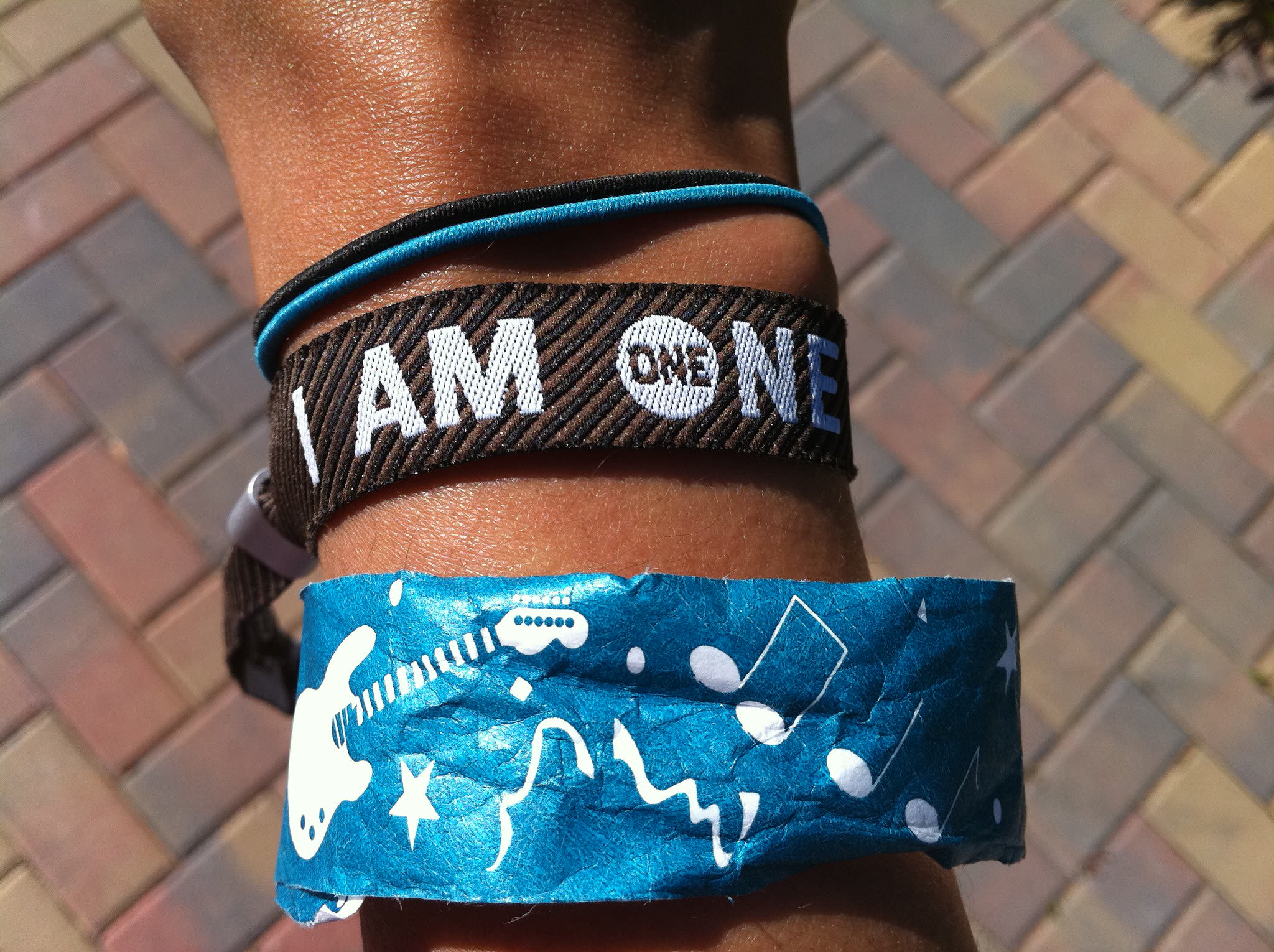Who’s Fighting for Fair Finance?
The Campaigns You Should Know

At its core, the goal of international development is to put itself out of a job.
Through capacity-building programs and financial support, developed nations and international financial institutions seek to foster self-sustaining economies that eventually thrive without external assistance. However, there is growing recognition that the system isn’t working as intended. The current international financial architecture needs reforms.
The Financing for Development (FfD) agenda represents a collaborative effort to begin making a more fit-for-purpose system. This initiative brings together diverse stakeholders – governments, international and regional organizations, financial and trade institutions, businesses, and civil society – to redesign policy frameworks and promote fiscal flexibility in a process aiming to help developing nations secure sustainable pathways for growth while implementing effective reforms in local and global economic governance.
The following campaigns by nonprofit organizations and advocacy groups are valuable entry points into the complex landscape for development financing. By distilling complex tax issues and the consequences of debt stress into data-driven, accessible articles, and linking emerging issues with governance gaps, these campaigns lay the groundwork for strong engagement in the FfD process. These resources can help individuals and collectives dive deeper into key development financing issues and advance their communities towards effective solutions.
Global Citizen

Advocacy platform Global Citizen empowers individuals to understand and take action on critical global challenges through digital campaigns. As well as mobilizing the public to sign petitions, write to decision-makers, and share resources on social media, Global Citizen uses partnerships and convenings to press for innovative, impactful policies to reduce global poverty.
Following aid cuts across Europe and the US, the platform shared reporting on international development financing, the long-term diplomatic and security risks to reducing foreign aid, the strategic role of aid in promoting peace and security, and the misinformation on fraud and waste.
Global Citizen is driving action on the gap between financing needs and commitments as part of its mission to work towards a world without extreme poverty. On the agenda of the Fourth International Conference on Financing for Development (FfD4), Global Citizen is highlighting how polluters and financial giants are underpaying taxes, and it's mobilizing the public to take action. In a combination of public and stakeholder advocacy, Global Citizen has provided written inputs to the Financing for Development process and called on the public to pressure UN decision-makers to ensure that global solidarity levies remain in the outcome document.
As global development budgets face increasing pressure, civil society organizations continue to play a vital role in advocating for sustained international cooperation and investment. As part of this mobilization, Global Citizen has launched a campaign encouraging public engagement on recent funding reductions, including calling for the reversal of certain terminations and proposed cuts by bilateral donors, underlining the global implications of development financing decisions.
ONE Campaign

The ONE Campaign is a global advocacy organization that brings together a diverse network of citizens, experts, and partners committed to promoting a future of dignity and opportunity for all. Through its work, ONE supports increased investment in sustainable development and public health, and advances data-driven, inclusive policy solutions, particularly in regions with the greatest need.
ONE has supported initiatives that aim to strengthen international development finance. Its advocacy contributed to the passage of the Better Utilization of Investments Leading to Development (BUILD) Act, which led to the establishment of the International Development Finance Corporation (DFC). The DFC plays a role in catalyzing private-sector investment in developing economies—supporting efforts to enhance infrastructure, promote economic resilience, and foster long-term growth. Designed to complement traditional development cooperation, the DFC model seeks to advance sustainable outcomes through innovative financing tools.
As discussions on the DFC’s reauthorization continue, ONE is engaging with citizens and partners to highlight the importance of sustained and effective development finance. The campaign emphasizes the long-term benefits of international cooperation and strategic investment in driving shared prosperity, health security, and stability.ONE has also recently launched a campaign raising awareness on the long-term returns for investments in development and its centrality to achieving the Sustainable Development Goals.
Taking action

The retreat from international development is causing deep anxieties over the future of economic growth and stability, particularly in heavily-indebted developing nations.
Without crucial partnerships and targeted reforms of the international financial architecture, there is a risk of reversing progress in sustainable development in emerging economies. And without sufficient development financing and strategic reforms of the current system, lasting peace and growth will become more elusive.
At this inflection point, it is vital that decision-makers adapt to the new development financing landscape. Governments and other stakeholders must ensure that the shrinking pool of funds is used in ways that work. And it is crucial that the public — particularly young people — make their voices heard and tell their lawmakers to adopt the reforms we need. Through increasing awareness on the benefits of international development aid and applying pressure on decision-makers, we can get closer to a system that works for everyone, not just the wealthy nations.
